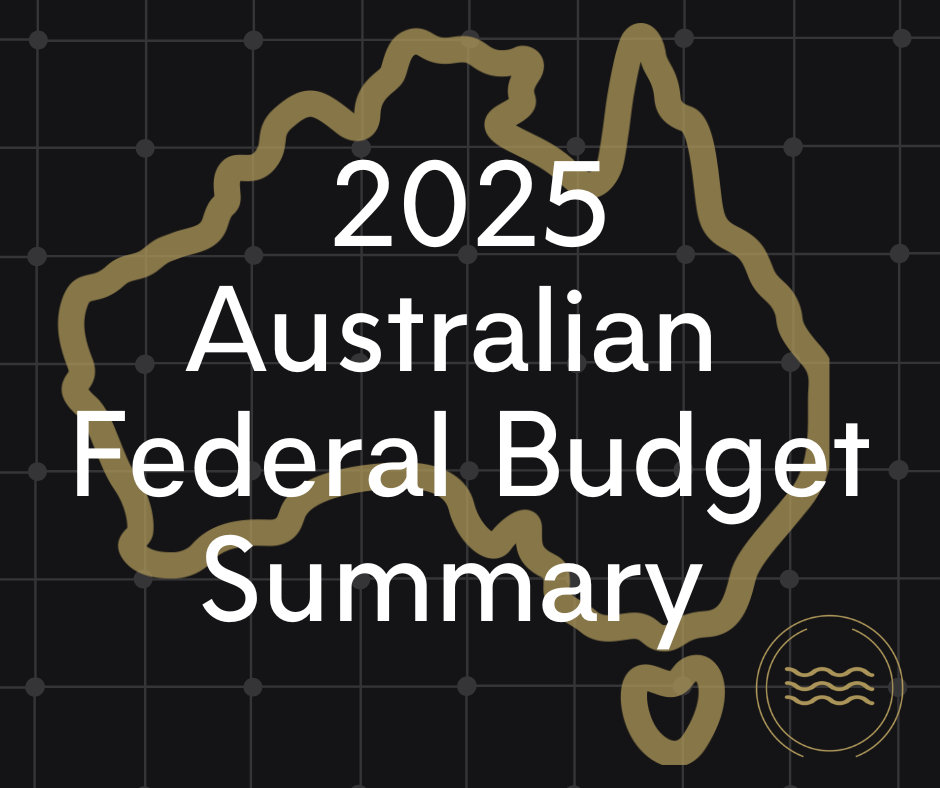
The Multilateral Instrument and The Changing Framework of Permanent Establishment
On November 2016 over 100 jurisdictions concluded negotiations on the multilateral convention to implement tax treaty related measures to prevent base erosion and profit shifting.
The effect of the MLI is that it will overhaul over 1000 treaties within a 2 year period rather than 20 years if the changes were negotiated unilaterally. It does not override the terms of existing treaties and the terms of the MLI should be read in conjunction with any existing treaties.
Furthermore, in the event that foreign subsidiaries of US controlled multinationals engage in treaty shopping activities those activities will be captured by the MLI.
The MLI was one of the end products of the OECD’s BEPS project. Called for under Action 15 of the BEPS project, the MLO incorporates the treaty changes from four other actions: (1) Action 2, which was designated to eliminate the use of “hybrid mismatch arrangements”(where a payment creates a tax deduction in one jurisdiction without a corresponding increase in income in another or where a deduction can be claimed on both ends of a transaction); (2) Action 6, which was intended to prevent treaty shopping; (3) Action 7, which revised the definition of permanent establishment; and (4) Action 14, which was intended to improve the process governments use to resolve their overlapping tax claims on multinational’s income.
While it is important to note that the US was not a party to the MLI it was instrumental in its negotiation. The view of the US Department of Treasury at the time was that the existing ‘limitation of benefits’ article contained in most modern bilateral treaties is sufficient to address any treaty shopping by US taxpayers whereas the treaty networks for many countries that are parties to the MLI do not have sufficient mechanisms to address treaty shopping.
Regardless of this it will be interesting to see how the US seeks to address the current limitations that exist in its own treaty network when it comes to the definition of permanent establishment. In the MLI activities that would have previously have been considered preparatory in nature (such as a marketing function) will be considered sufficient to establish a permanent establishment.
For any US corporate group that have regional operations need to understand that the actions of those companies may be created a permanent establishment and effectively connected income in other countries.
For foreign owned business that operate in multiple countries you may be forced to adjust your global value chain to address adjustments to tax rules that are reflected in the MLI and while those same changes may not apply to the US tax system today, it is only a matter of time before similar changes are introduced on a bilateral basis. It would to be ahead of the curve.




